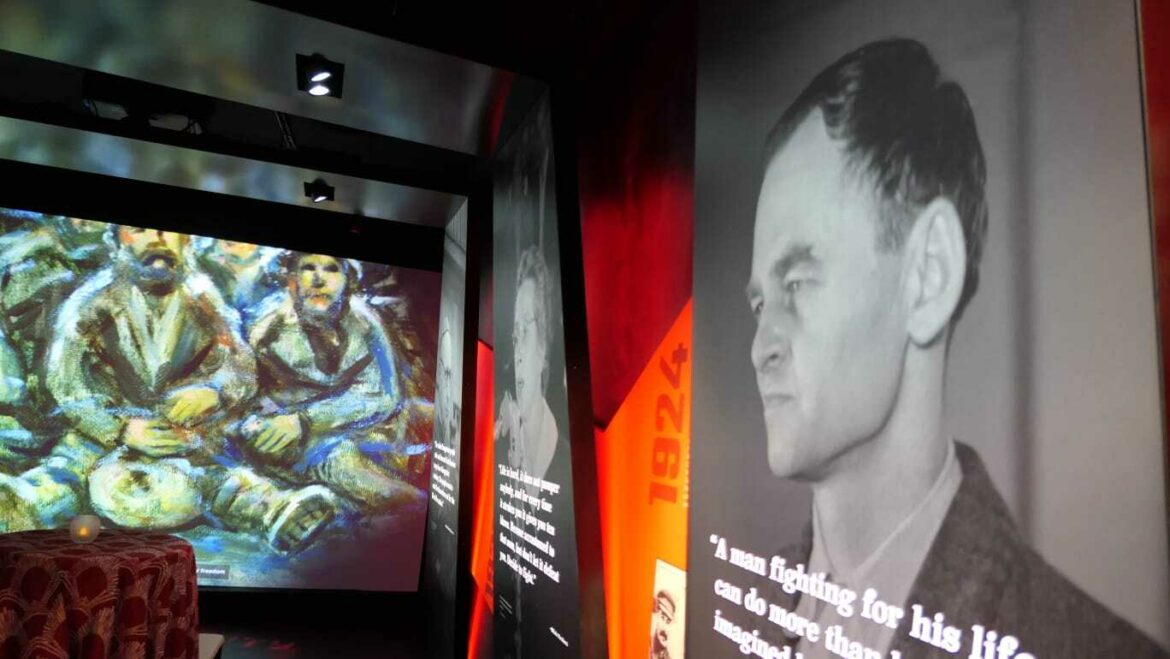The Museum of the Victims of Communism has been launched in Washington. The facility was established on the initiative of the Foundation for the Remembrance of the Victims of Communism. Its construction was provided by Polish National Foundation. During the official opening of the museum, the Minister of Culture and National Heritage, Prof. Piotr Gliński delivered a special speech.
“Currently in Europe, communism is a marginal phenomenon. However, there are places in the world where this criminal ideology continues to thrive and is taking more victims. I am convinced that the Museum, right here in the heart of America, next to the White House, will be an important center for the exchange of ideas, discussions and education and will help stop the spread of this criminal ideology around the world”, said the Deputy Prime Minister, the head of the Ministry of Culture.
Minister Gliński emphasized that Poland’s involvement in the opening of such a significant institution as the Museum of the Victims of Communism was not accidental.
“In 1920, Poland was the first to stop the march of the Bolshevik army to the west, protecting Europe from the red plague. Poland paid a very high price for it less than 20 years later, when in September 1939, two weeks after the German aggression against Poland, during a defensive war in the west, it was attacked from the east by the Red Army, and a few years later it became an arena where two great totalitarianisms met”, emphasized Minister Gliński.
One of the tasks of the Museum of Victims of Communism is to present the Polish narration about communism and its victims as broadly as possible – from the fight against Bolshevik Russia in 1920, the activities of the anti-communist underground, to the establishment of the Solidarity Trade Union.
“Only thanks to the efforts of millions of Poles and the great phenomenon of the “Solidarity” social movement, we managed to regain independence, which significantly contributed to the fall of the Berlin Wall and initiated democratic changes in Central and Eastern Europe”, emphasized the head of the Ministry of Culture.
Arkadiusz Słomczyński





